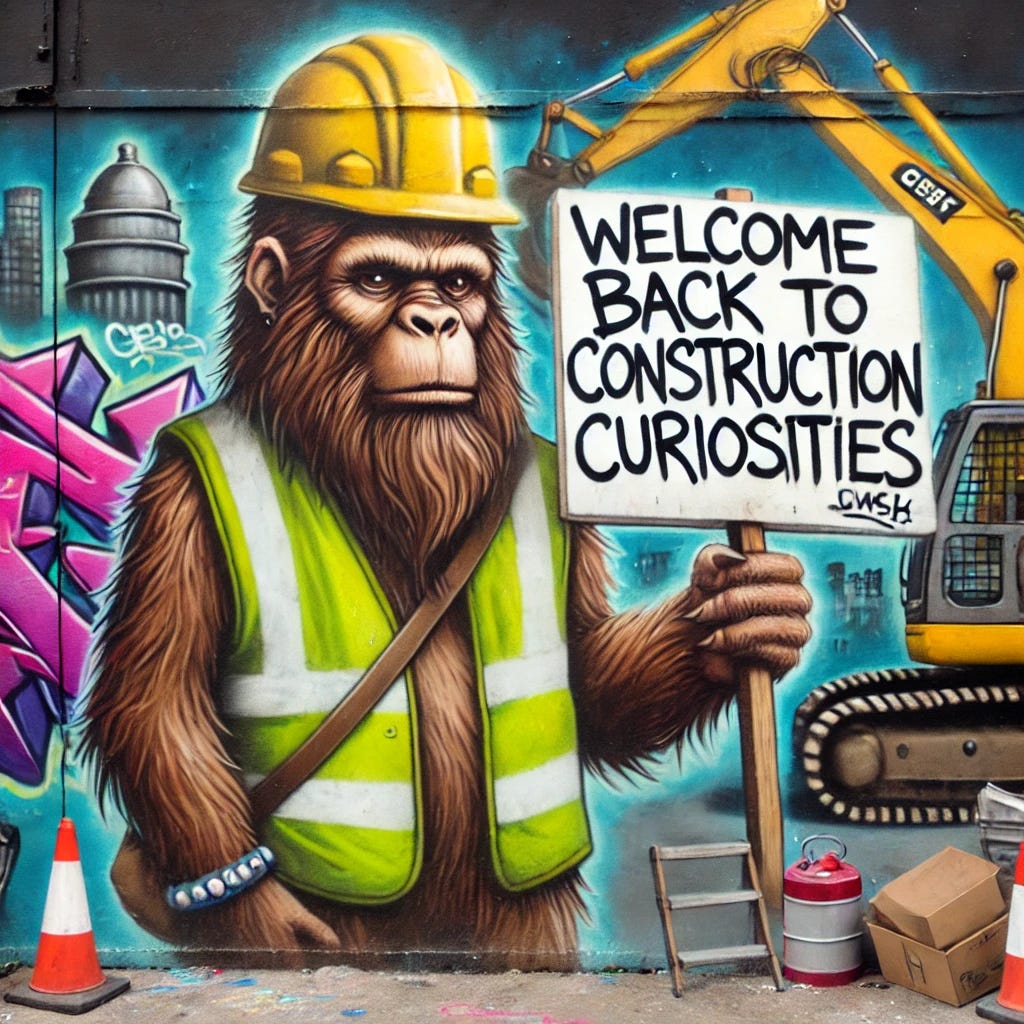Construction Curiosities #105
Choosing Your Path: The Tale of Traditional College and Hands-On Trade Education
Hey! Happy Saturday! Matt here.
Welcome to the Construction Curiosities newsletter!
This weekly Newsletter explores the Curiosities of the Construction Industry. It's meant to help Drag the Construction Industry into the 21st Century by making you think, smile, and become motivated to drive innovation in your realm of the industry.
The Newsletter will …
Keep reading with a 7-day free trial
Subscribe to Construction Yeti to keep reading this post and get 7 days of free access to the full post archives.




